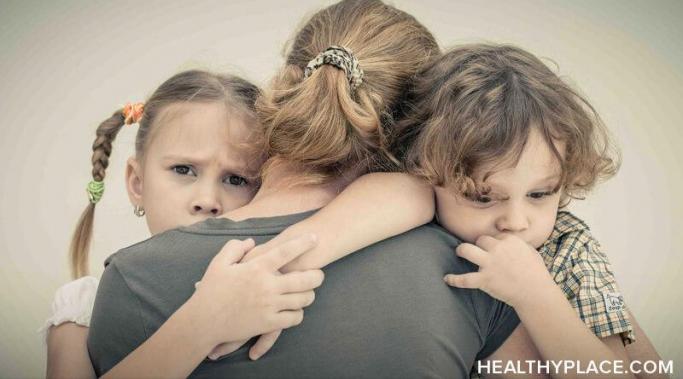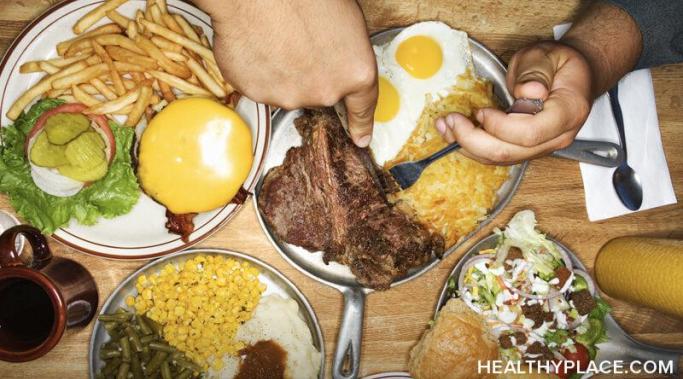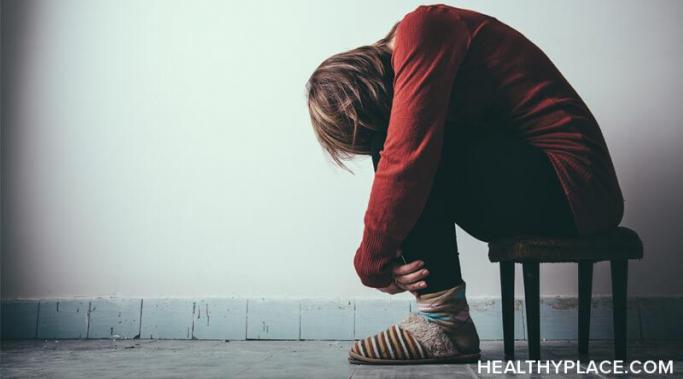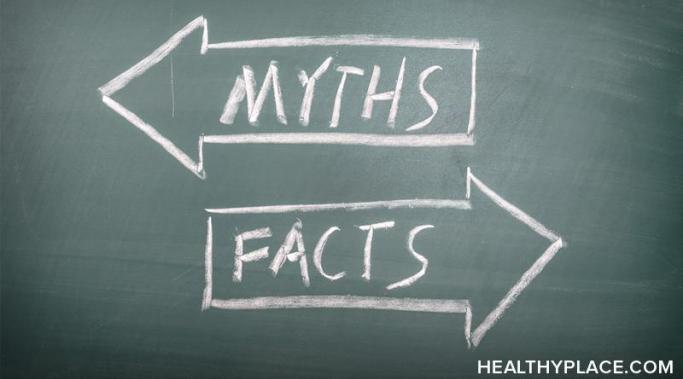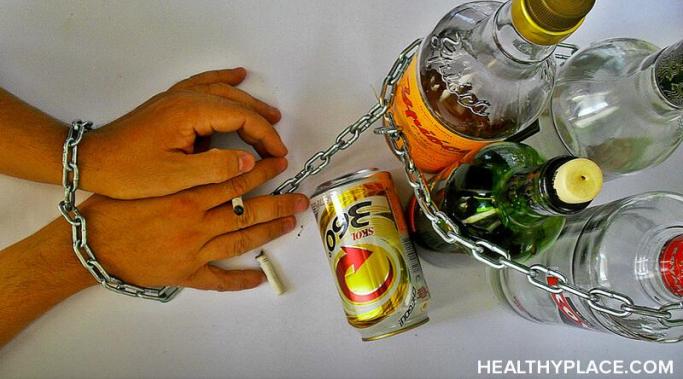Pursuing and surviving sobriety is no easy feat, and for women in addiction recovery, the challenge can feel even more strenuous. Addiction of any kind can touch the lives of just about everyone no matter our racial, ethnic, or religious background; however, the fight to stay sober might look different for different individuals pursuing recovery.
Addiction Videos
An addiction to food is likely one of the most acceptable forms of addiction in our society, but does food addiction always imply the diagnosis of an eating disorder? Honestly, it depends on who you ask. In my experience, my dependencies and addiction with food inevitably morphed into an eating disorder, but that doesn't mean everyone with an eating disorder is a food addict.
Self-loathing and addiction--for as long as I can remember, my self-loathing has been an ongoing spiral in my addiction journey. The spiraling cycle starts with hating myself for being addicted in the first place, then giving in to my addiction, then hating that I gave in, and so on. My self-loathing took the form of many things in my life including my anxiety, my depression, and my suicidal tendencies. However, my addiction wasn't the only reason I hated myself for so long. I think those feelings started long before my addiction ever formed.
Triggers and emotional cravings relating to mental difficulties are very common for those of us in recovery during the holiday season. We previously discussed three different types of cravings individuals might face in addiction recovery, one of the most complex of these being emotional cravings. This week I want to dive deeper into the concept of emotional cravings and just how prominent they can be during the notoriously stressful holiday season.
Behavioral addiction and substance addiction have similarities and differences. I've learned over time that most people only associate addiction with substance abuse or chemical dependency, often leaving those suffering from behavioral addictions completely alone and underserved in their recovery process. In my recovery journey, I have had to overcome a lot on my own and even to this day, I have been told by many that my addictions either aren't real or aren't important simply because they don't involve illegal or harmful substances. Behavioral addictions are just as valid and often just as devastating as substance addictions, although sometimes the recovery process for each one can differ greatly.
In my observation, nearly every individual in addiction recovery has either heard of or experienced the 12-step groups or the 12-step curriculum. Some recovering addicts swear by 12-step practices and principles and other addicts convulse at the thought of attending a 12-step group meeting to share their feelings with a bunch of addicted strangers. I feel that I have a rather unique perspective on the 12-step model because while I don't actively participate in every principle and policy they suggest, I have developed a deep respect and admiration for the community as a whole and what they represent.
My name is Amanda Richardson and I am a new author for "Debunking Addiction" at HealthyPlace. For as long as I can remember, addiction has been a part of my life. Addiction and substance abuse have occurred in my family for at least the last five generations, so I was no stranger to it when it first took hold of my life. Read on to learn more about my experiences with addiction and why I want to write for "Debunking Addiction."
My name is Misti Kuykendall and I’m a new author on Debunking Addiction. I am a recovered alcoholic and methamphetamine (meth) addict. At the early age of 13, I was diagnosed with bipolar disorder. For more than a decade, I used alcohol to ease my symptoms of mania and meth to ease depressive symptoms.
